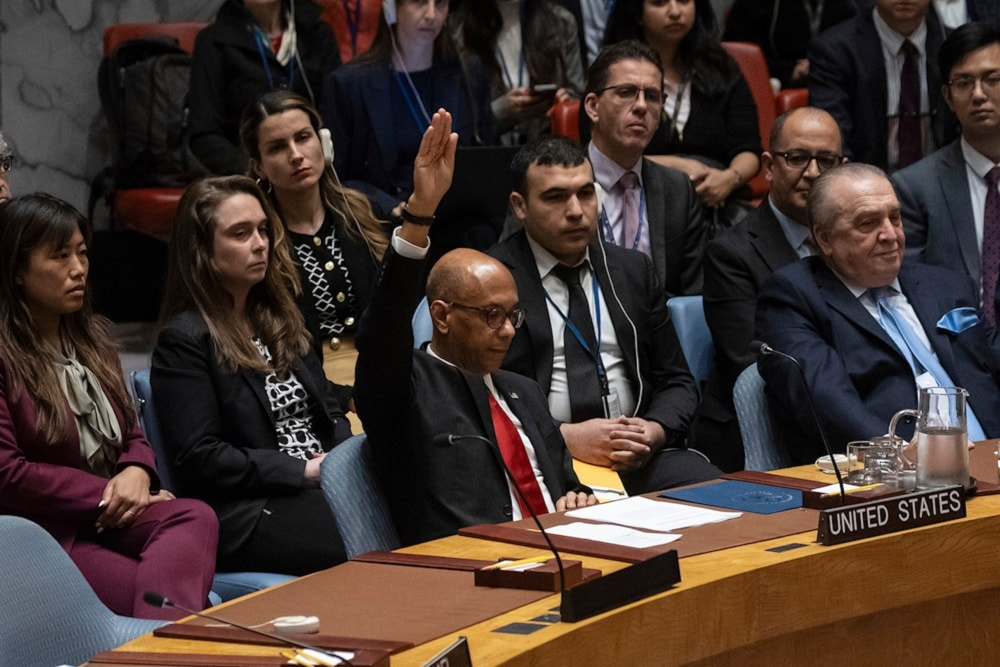
Journalism: The protests in solidarity with Palestine revealed the flaw in Washington’s policy
The American magazine Foreign Policy published an article by Howard French, the magazine’s main writer and professor of journalism at the Graduate School of Columbia University, in which he says: “The revolution of universities in solidarity with Palestine revealed that the flaw is not in the students, but in the foreign policy of the United States of America towards Israel and the Middle East.”
The writer in "Foreign Policy" describes the protests in Columbia and other universities as "extremely important," adding: "They in turn inspired a growing series of reactions by university administrators, politicians, and American law enforcement officials, respectively, who sought to reduce the student demonstrations." Or prevent, condemn or, in many cases, violently suppress it.” He added, "What this moment revealed most clearly to me is not the crisis of student culture or higher education in the United States, as some have claimed, but rather a crisis in US foreign policy, and specifically its long-term relationship with Israel.""What I have seen inside the university’s gates has generally been a picture of exemplary civility. For nine days now, there has been an orderly encampment of students, most of them chatting relaxedly, some of them with tents, occupying an expanse of lawn in front of Butler Library, the biggest of Columbia’s libraries." ~ Howard French, Professor of Journalism, Columbia University.
Protesting students teach American society and the world about democracy and citizenship. The writer says that through peaceful protest, students at Columbia University and in an increasing number of other universities are teaching American society, and indeed the entire world, about true democracy and citizenship. This came to mind in conversations I had with students from China and other countries, who marveled at the ability of Columbia students to respond through protest. In the midst of atrocities, they say enough is enough, and they always do so peacefully.
They say that confronting terror requires more urgency than letter-writing campaigns to members of Congress or waiting patiently to vote in the next election. He adds that Gaza is not the only horror in the world at all, and we can all benefit from the moral urgency and civility of these students. They put pressure where they can on the institutions they belong to, and as students, they are the bedrock of communities. If they cannot convince the US government to do something to stop the war in Gaza and in the West Bank, which is largely ignored, they can at least convince their universities to stop supporting it.This is what the divestment demand means: stopping institutional support and investments in the Israeli war effort. Many critics object that this demand is unrealistic and can never succeed. But what is the appropriate response for a citizen? Sitting and folding your hands, for example?
The writer concludes that the threat facing Zionism in the world today does not come from the students demonstrating in American universities and elsewhere. Rather, he claims that the greatest threat to Zionism does not even come from Hamas. The greatest threat stems from the blurring of any dividing line between Zionism and the crushing of Palestinian lives and hope for the future, says the American writer and academic.



















































